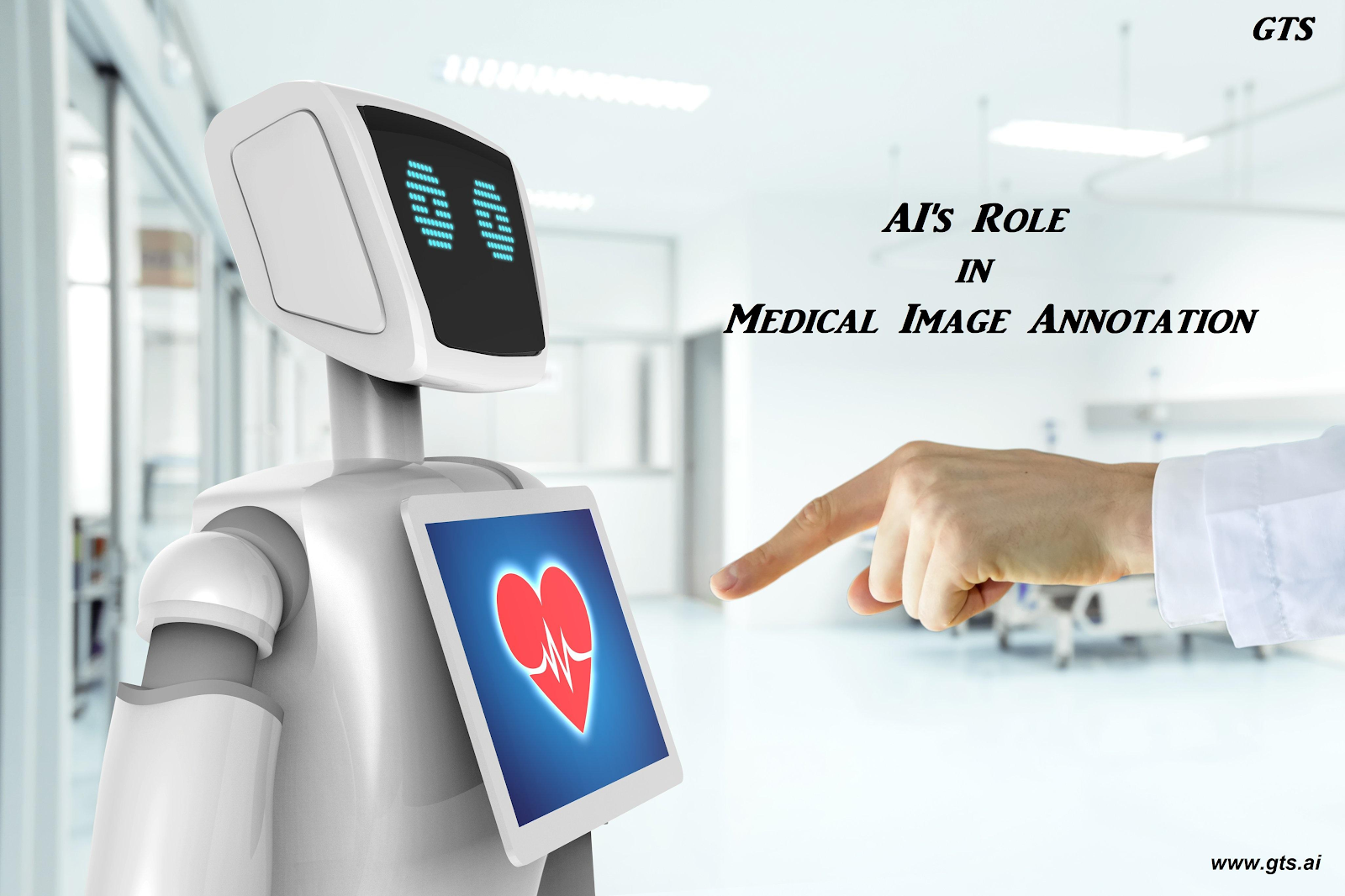Artificial Intelligence in Healthcare: What is it?
Why should AI be used in healthcare?
Artificial intelligence (AI) and machine learning solutions are revolutionising healthcare delivery. Health organisations have amassed massive amounts of data in the form of health records and photographs, population data, claims data, and clinical trial data. AI technologies are perfectly adapted to analysing this data and uncovering patterns and insights that humans would not be able to discover on their own. Deep learning from AI may assist healthcare organisations to make better financial and clinical decisions, as well as improve the quality of the experiences they give.
How AI can help with the complexities of medical imaging
An average radiologist today analyses a picture every three to four seconds, eight hours a day. As the volume and complexity of patient data grow, there is increasing pressure on radiologists to be more efficient and handle bigger patient volumes. Simultaneously, market forces force firms to seek ways to improve efficiency and production to accomplish their financial objectives. How are radiology practises going to manage more incoming data and less time to review it? AI integration into the workflow of medical imaging experts is one solution. With its picture and data processing capabilities, AI may be able to assist providers by doing jobs such as:
Image collection
First impressions and interpretations
Research prioritisation and triage.
Recommendations based on relevant results from EHR patient records
Recommendations based on relevant literature or clinical recommendations
AI can assist providers to be both more educated and more efficient by swiftly acquiring essential data that may be difficult to identify or access manually. AI's capabilities can assist everyone in the organisation.
AI's Healthcare Advantages
Creating user-centred experiences: With AI, healthcare organisations may identify insights faster and more correctly using massive Quality datasets and machine learning, resulting in enhanced satisfaction both internally and with the people they serve.
Increasing operational efficiency: AI technologies may assist healthcare companies in making the most of their data, assets, and resources by analysing data trends, enhancing efficiency and improving the performance of clinical and operational workflows, processes, and financial operations.
Linking heterogeneous healthcare data sets: Healthcare data is frequently fragmented and in multiple formats. Organizations may integrate different data sets using AI and machine learning technology to provide a more cohesive picture of the people behind the data.
Natural language processing as an AI application in healthcare
Natural language processing (NLP) helps the algorithm to isolate useful data when subject matter experts help train AI algorithms to recognise and categorise particular data patterns that represent how language is used in their section of the health industry. This enables decision-makers to easily obtain the information they require to make informed healthcare or commercial decisions.
Payers of healthcare
This NLP capability can take the shape of a virtual agent employing conversational AI to help link health plan participants with customised responses at scale for healthcare payers. Look at the resource.
Government health and human service workers
A case worker in the government health and human services sector can employ AI technologies to swiftly mine case notes for key concepts and issues to support an individual's treatment.
Managers of clinical operations and data
Clinical operations and data managers running clinical trials can leverage AI functionality to speed up searches and validate medical coding, reducing the time it takes to start, alter, and manage clinical studies.
How artificial intelligence in healthcare accelerates clinical choices
Clinicians are trying to find the time to stay up with the newest medical findings while also providing patient-centred treatment as they are inundated with vast volumes of health data and increased responsibilities. Healthcare providers can swiftly mine reliable, relevant, evidence-based information that has been curated by medical specialists by using machine learning technology to the most recent biomedical data and electronic health records. Natural language processing and domain-based training are features of several AI-powered clinical decision support technologies, allowing users to type inquiries as if they were asking a medical colleague in casual conversation and obtain fast trustworthy answers.
How AI in healthcare aids medical imaging
By supplementing labour-intensive image scanning and case triage, AI solutions used in medical imaging enable cardiologists and radiologists by surfacing relevant insights that can help them identify critical cases first, make more accurate diagnoses, and potentially avoid errors while taking advantage of the breadth and complexity of electronic health records. A typical clinical trial can generate massive datasets containing thousands of photos, resulting in enormous volumes of data that must be reviewed. Using AI algorithms, research from throughout the healthcare industry may be evaluated for trends and hidden links, allowing imaging specialists to locate vital information quickly.
How artificial intelligence in healthcare can help with health equity
The healthcare IT industry is responsible for developing systems that promote fairness and equality in data science and clinical investigations, resulting in optimal health results for everybody. To address health inequities, AI and machine learning algorithms can be trained to decrease or eliminate prejudice by boosting data diversity and transparency. Minimizing bias in healthcare research, for example, can aid in combating health outcome disparities based on gender, race, ethnicity, or financial level.




Comments
Post a Comment